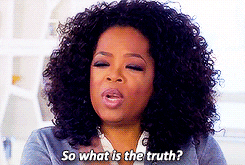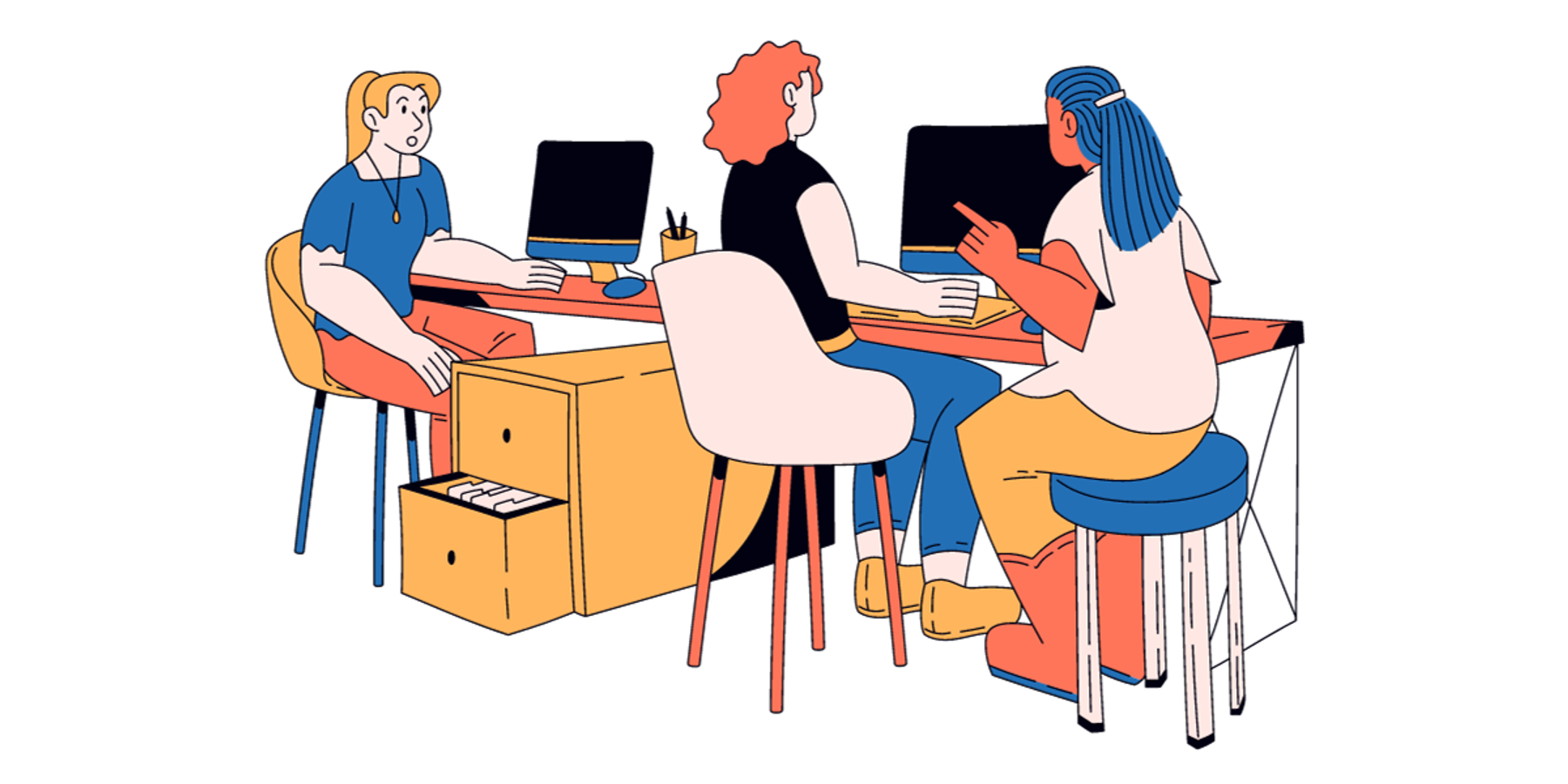"It's so much easier to be friends with guys. They're just so much more direct and chill."
I think most women have heard this phrase uttered by other women, and some of us have probably even said it (guilty, though thankfully I've evolved a lot in the last ten years). The notion that women are catty and difficult to get along with permeates myriad aspects of our culture: elementary school playgrounds, high school cafeterias (Mean Girls, anyone?), and eventually, the office.
As a society, we seem to accept the narrative that women often undermine other women's success at work via bullying, rumors, and other passive-aggressive tactics. Some have even hypothesized that women evolved to be catty, compensating for a lack of physical strength with cunning and manipulation.
So what's the truth of the matter? Andrea Kramer and Alton Harris sought to get to the bottom of this common (mis)perception in their new book, It's Not You, It's The Workplace.
In their recent article in the Harvard Business Review, The Persistent Myth of Female Office Rivalries, they say that while doing research for their book, they found no empirical evidence to suggest that "women are more mean-spirited, antagonistic, or untrustworthy in dealing with other women than men are in dealing with other men."
As they explain, "the best recent psychological research finds that 'one's sex has little or no bearing on personality, cognition and leadership.'"
So if there's no real evidence to support this idea that women are meaner than men, then why is the idea of female rivalries in the workplace so commonplace?
Kramer and Harris have a theory: they think occasional tensions in women's working relationships are wrongly attributed to some innate female characteristic, when in reality, they can be explained by workplace discrimination.
They attribute workplace discrimination to two implicate biases:
- Gender Bias
- Affinity Bias
Because so many workplaces were designed by men for men, and continue to be led and dominated by men, our image of what a good leader looks like is colored through a very male lens: someone assertive, competitive, and strong. Gender bias manifests when we subconsciously view men as more competent and capable leaders than women because we've grown accustomed to seeing men in power; meanwhile, when women try to display those same masculine traits associated with leadership, they frequently find themselves facing backlash, caught in a double-bind.
Affinity bias is the subconscious preference to spend time with people similar to ourselves. This causes additional problems in the workplace, the authors argue, because men, who hold a majority of leadership positions in the workforce, will tend to spend time with, support, and ultimately promote more people similar to themselves (a.k.a white men).
Kramer and Harris sum it up like this:
"Affinity bias and gender bias often work in tandem to make women's same-gender workplace relationships difficult because they limit the number of positions for women at leadership tables, thereby forcing the people vying for those spots into direct competition with one another. The two forms of bias also create substantial, if not overt, pressure on women to adopt a decidedly masculine management style in order to identify with the male in-group and distance or differentiate themselves from their female peers. These dynamics can foster antagonism between women, which is then often wrongly attributed to their inherent nature, rather than to workplace circumstances."
Read the full article here and let us know what you think in the comments:
- Do you agree with Kramer and Harris's explanation?
- Why do you think the notion that women undermine women in the workplace is so widely held?




